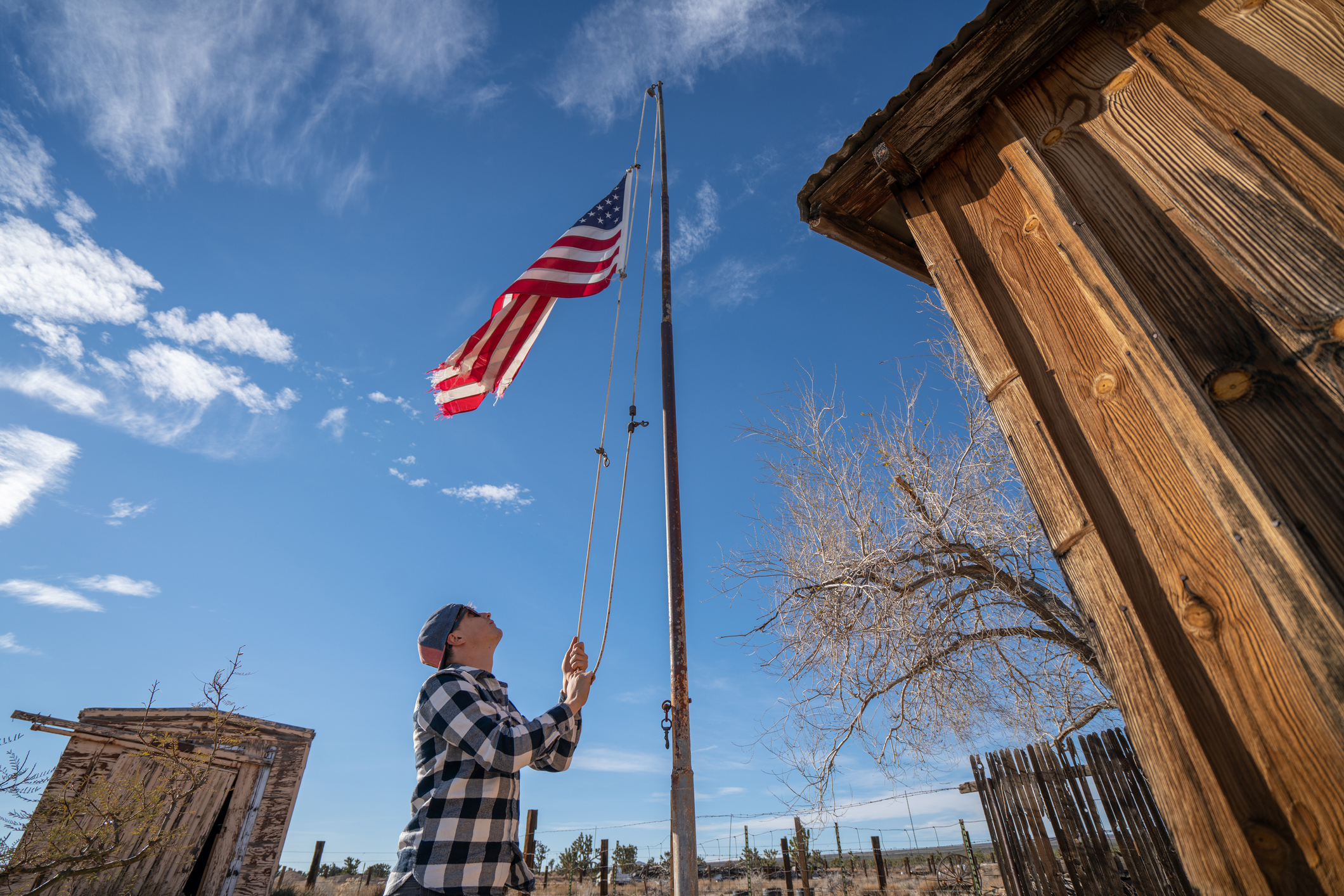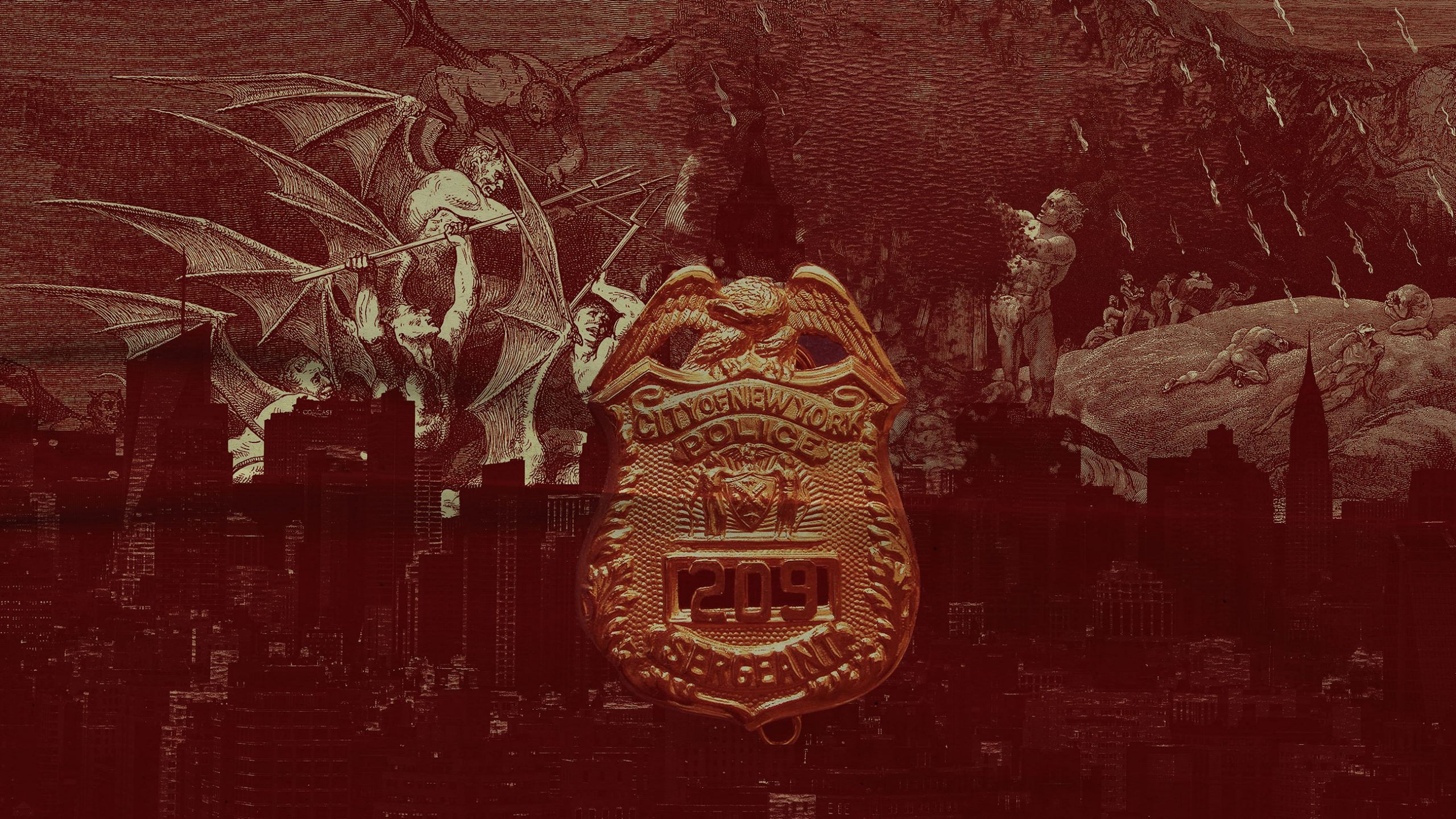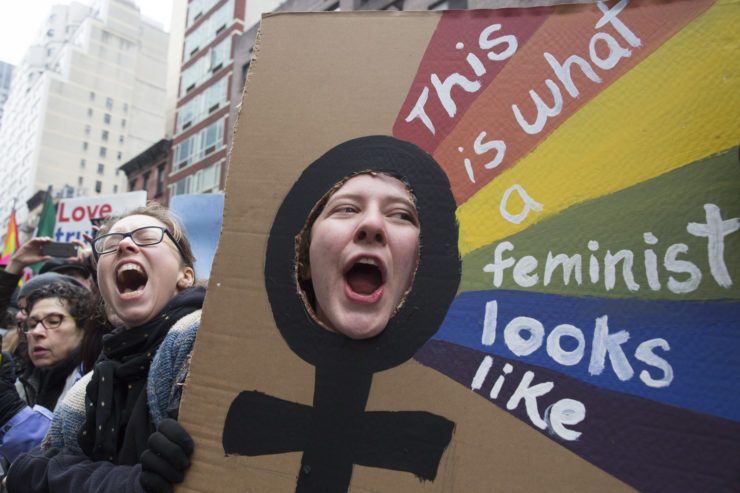Classical education is rising up to take its place.
Institutional Sociopathy

American Education and the Cult of Victimhood
In the February 2022 edition of First Things, Helen Andrews writes evocatively about the “all credits and no debits … racial accounting” represented by academic Nikole-Hannah Jones’ 1619 Project. What Hannah-Jones makes explicit through her racial re-education program (that slavery is the historical center and foundation of America) is, Andrews suggests, a departure from a more positive, harmonious, historically literate racial pedagogy represented by Lorenzo Greene. In today’s climate, however, Hannah-Jones’ work isn’t as radical as she pretends, just as her personage isn’t as embattled as she pretends. Rather, in lock-step with the state and its functionary industries, Hannah-Jones simply says the quiet part out loud: Whites are irredeemable.
The author concludes by citing sociologist Zach Goldberg’s unpublished PhD dissertation “Explaining Shifts in White Racial Liberalism: The Role of Collective Moral Emotions and Media Effects,” which includes responses by white young adults to a survey on the topic of whiteness. Respondents viewed themselves, as whites, as “disgusting,” “liars,” “ashamed of existing,” and viewed the thought of white racial extinction as “promising.”
Andrews writes, “the 1619 Project is not an insurgent faction but the reigning orthodoxy, which [white children] hear from their teachers, their employers, their politicians, and their celebrities. Lorenzo Greene said his black history lectures left black and white students feeling exhilarated. The lectures of the 1619 Project have left young white listeners with feelings of self-loathing. They have somehow got the idea that in the version of America the 1619 Project envisions, there is no place for them, no noble course open except silence and self-abnegation. They are correct.”
Silence and self-abnegation may be the only noble remaining routes for white kids to take in life, but for those who lack the unincorporated vestige of Christian humility upon which anti-white brainwashing relies, another path presents itself clearly. Who succeeds? Perennial victims. Why? Because they are perennial victims. How can I succeed? Become a perennial victim. Elizabeth Warren knows. Kamala Harris knows. Meghan Markle knows, and the list goes on. There is a bottomless supply of valor to be drawn from the well of manufactured victimhood.
Also released last week, Jerry Oppenheimer and Isabel Vincent published an article in the New York Post entitled “Rhodes Scholar claimed she grew up poor and abused – then her story started to unravel.” This was the story of MacKenzie Fierceton, a 23-year-old white girl from St. Louis, who in 2020 received then promptly lost a coveted Rhodes scholarship. Since high school, Fierceton had presented herself on applications to college as a “first-generation, low-income student with a history of horrific abuse — who also earned nearly straight A’s and was student body president in high school.” It was not mentioned in the post but appears in other reports that she also identified as “queer.” Fierceton matriculated at the University of Pennsylvania in 2015, studying political science, then began studying for a master’s degree in social work in 2018. Oppenheimer and Vincent explain:
“[In high school,] Fierceton lived with her mother, Carrie Morrison — a divorcée and director of breast imaging and mammography at a local hospital — on a [suburban] tree-lined cul-de-sac with large houses and well-groomed lawns. When Fierceton’s Rhodes Scholarship was announced, the Philadelphia Inquirer profiled the academic star in November 2020, noting that she ‘grew up poor, cycling through the rocky child welfare system [and] bounced from one foster home to the next.’ In 2019, Fierceton testified in a court hearing that, in September 2014, her mother allegedly pushed her down a set of stairs and hit her in the face several times. The teen said she was sent to the hospital the next day after collapsing at school. Fierceton’s mother denied the account and said the teen had accidentally gone down two or three steps while Morrison was helping remove gum from her hair. After the 2014 incident, Morrison was arrested and charged with two counts of felony child abuse or neglect and one count of misdemeanor assault — charges that were later dropped. An email from assistant prosecuting attorney Michael Hayes, quoted in the Chronicle of Higher Education, said: ‘The more I learned [about the case], the less certain I became about what really happened.’”
Pictures of Fierceton, as well as the unmistakably Irish timbre of her name, suggest that Dolezal-style blackfishing would have been nearly impossible to accomplish for the young, presumably high IQ and obviously ambitious white suburbanite. But Fierceton, having been imbued in the sweeping cult of white abnegation her whole life, knew on some level that she had to self-differentiate. Her white privilege would have held her back. She caught on earlier than most.
The purpose of admissions essays is not to write well about something outside of the self. Rather, it is to “dig deep,” to dramatize personal hardship, to demonstrate some gnostic awareness of being the Other. If hardship doesn’t exist, it must be invented. Most applicants inflate their resume. Not everyone achieves a Rhodes scholarship based on their inflated resume. Fierceton took it too far, and her story exposes the structural grift in college administrations everywhere.
Ultimately, her lies aren’t the problem; her success in spite of them, as a white woman from the suburbs, is. Professors, administrators, and other beneficiaries of the victimhood industrial complex must, with some regularity, crucify an easy (in the sense that they are indefensible) target for the ubiquitous dishonesty that colleges by their own policies impel. In Fierceton, they have found their precious pressure release valve.
Fierceton responded to the clear and obvious incentives that the American higher education system (the very same coterie of sycophants which is now attempting to make her into Lori Laughlin: Part Two) laid out. This is not to say that malignant narcissism did not play the chief role in the Fierceton situation, nor is it to excuse her behavior. It is also not to excuse Lori Laughlin. Simply, it is to point out an institutional behavior that is beginning to feel more like ritual. As institutions of higher education concentrate and offload their guilt onto the shoulders of sacrificial individuals, they wash their hands of moral culpability, and ensure that they may continue apace in the business of oppression laundering.
Unequivocally, Fierceton’s path was morally wrong–especially since the Post story gives the impression that the manufacturing of her victimhood went beyond the admissions essay to the involvement of civil authorities in family life beyond what might have been justified by reality. But in the same sense that subjects of Goldberg’s survey were correct in their unspoken conclusions about their own options in life, was she not also correct in hers? If Fierceton had not chosen this ignoble route, would she have accomplished so much? Would her brains have been enough to carry her to the Ivy League and onto the Rhodes Scholarship? Her would-be-peers’ biographies reveal the discomfiting answer.
The American Mind presents a range of perspectives. Views are writers’ own and do not necessarily represent those of The Claremont Institute.
The American Mind is a publication of the Claremont Institute, a non-profit 501(c)(3) organization, dedicated to restoring the principles of the American Founding to their rightful, preeminent authority in our national life. Interested in supporting our work? Gifts to the Claremont Institute are tax-deductible.
A vengeful quest for social purity ends only in public ugliness.
The Jack Miller Center is taking concrete action.
Progressive posturing in NYC creates a standard of savage permission.
Conservatives have to get smarter about sexual politics.
We need concrete action to relearn the American way of life.






